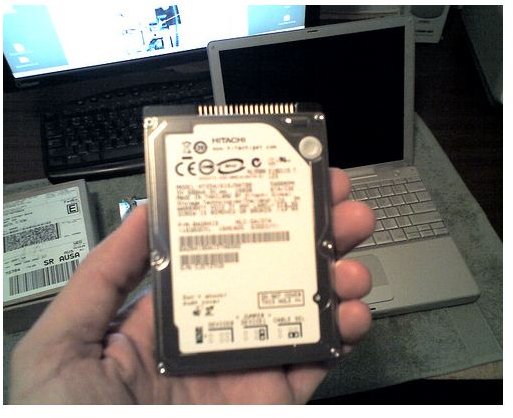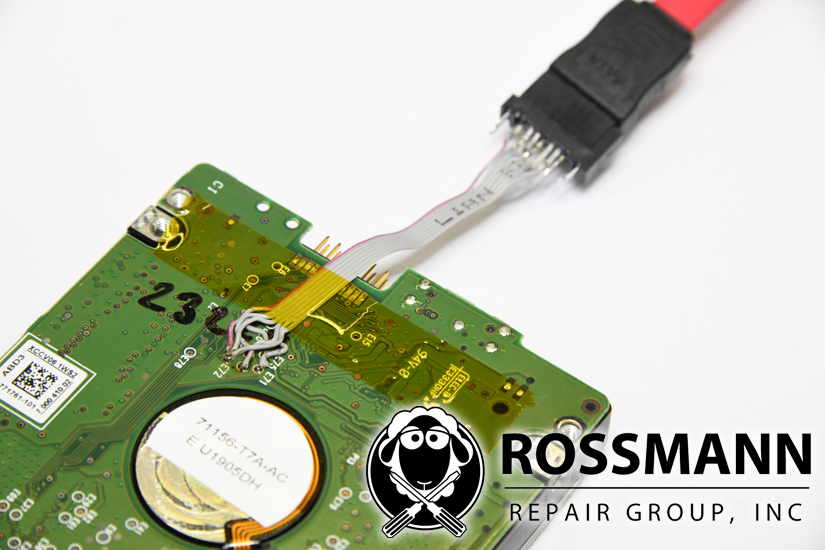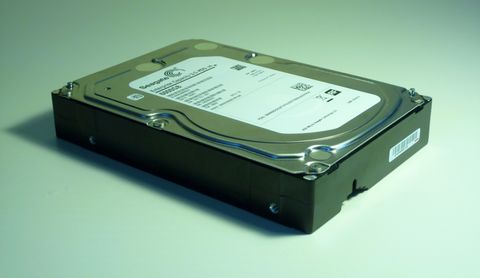

“Since mechanical devices tend to degrade further after the first few signs of trouble, realize that with many data recovery efforts, you may be operating on borrowed time (one such case here). I’m not familiar with hard drive interfacing, but this part of the article suggests that a software solution won’t do what a hardware solution can do. For those with less patience that would like to point their logical data recovery tools directly at a source image mounted via the RapidSpar, there is a Data Acquisition add-on feature that can be unlocked for an additional cost.

In the worst cases where RSA can’t get a lock on the file system due to pre-existing errors or data corruption, the whole drive can be imaged and then other logical tools can be run on that resulting image to try and carve out any vital files or data. While RSA does its best to get all necessary file system metadata, it can and does work with partial results (bad sectors in the MFT, for example). Files with bad blocks can be skipped so that they can be re-tried later with more aggressive recovery settings. This is extremely effective for failing drives that have limited time and/or read attempts left in them before a hard failure occurs. The RapidSpar can then be directed to image only those files or to save them to the host system directly (they are still imaged if the latter choice is made). With the file system virtually mounted within RSA, the user can then search for / filter results based on what is the highest priority for that recovery. Every successfully read sector is duplicated and subsequent reads come from the target image drive, meaning that the source drive only sees each unique read *once*. When employing Targeted Recovery, RSA requests only the minimum number of sectors required to recognize the partition location and type, and then to parse its file structure. I tested using both MBR and UEFI partitioning schemes on drives up to 8TB in capacity. RSA is able to parse NTFS, HFS+, EXT 2/3/4, FAT32, exFAT, and XFS file systems.

RapidSpar, in coordination with RapidSpar Assistant (RSA) running on a host, can recover data in the most surgical manner possible.


 0 kommentar(er)
0 kommentar(er)
